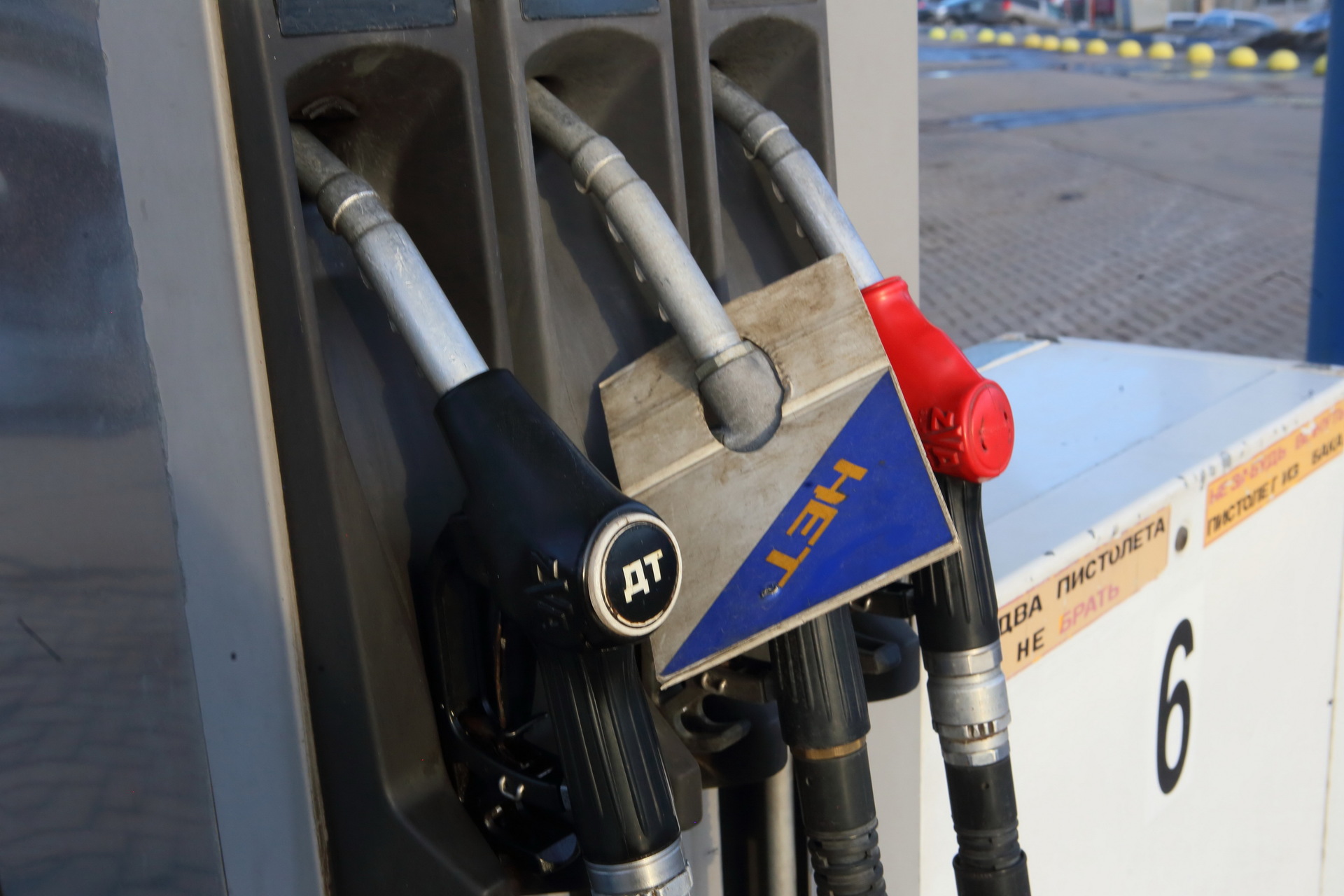According to the Ministry of Energy of Russia, the country today is not threatened by a new fuel crisis, as in 2018.
This was announced on Wednesday, March 17, by the deputy head of the department, Pavel Sorokin.
“We see no prerequisites for a repeat of the events of 2018 in 2021,” the Deputy Minister said on the air of the Russia 24 TV channel.
According to him, at the moment oil companies supply the domestic market with petroleum products in full, and the production of gasoline has been increased.
So, since the beginning of February, the fuel stocks have increased by more than a third and are currently continuing to grow.
“There is already a decrease in wholesale prices for gasoline, and we expect that these measures will help maintain a stable situation in the market,” Sorokin added.
Earlier, specialists from the Accounts Chamber reported on the threat of a fuel crisis in Russia.
In their report, the experts of the department warned about the risks of higher retail prices for fuel and, as a result, the possible emergence of social tension.
RIA Novosti writes about this with reference to the document.
Meanwhile, the Kremlin also does not expect sharp fluctuations in fuel prices in Russia.
This statement was made on Wednesday by the presidential press secretary Dmitry Peskov.
“The government is keeping the situation under control, the existing mechanisms are involved, and they will not allow dramatic changes in fuel prices,” Peskov emphasized.
Recall that in 2018, against the background of a record rise in oil prices in the world, retail prices for gasoline in Russia increased by 9.4%.
To solve the problem, the Russian government agreed with oil companies to freeze wholesale prices.
Meanwhile, it was unprofitable for business to supply fuel to the Russian market at a fixed cost.
Export prices were noticeably higher than domestic prices, so it was more profitable for oil companies to sell oil products abroad.
As a result, from January 1, 2019, the authorities launched the so-called damping mechanism.
As part of the initiative, the government began to reimburse companies for lost revenues from fuel supplies to the domestic market.
Thus, if the prices for fuel within the country are lower than export prices, oil workers receive compensation from the budget.
In turn, at higher prices in the domestic market, companies, on the contrary, deduct part of their profits to the treasury.
The decisions taken by the authorities helped to reduce the direct dependence of domestic gasoline prices on world oil prices.
As a result, the rate of rise in the cost of fuel in the country has slowed down several times.
So, in 2019, gasoline prices in Russia increased by only 1.9%, and in 2020 - by 2.5%.
This is stated in the materials of Rosstat.
© Zamir Usmanov / Global Look Press
Note that in order to further curb fuel prices in Russia, the government will make adjustments to the damper mechanism from May 1, 2021.
This was announced earlier by Deputy Prime Minister Alexander Novak following a meeting with representatives of relevant departments and oil companies.
According to experts interviewed by RT, the changes will affect the indicative wholesale price of gasoline in the damper on the domestic market.
On its basis, the authorities calculate the amount that oil workers should transfer to the budget or receive as compensation from the government.
In 2019, the indicative price was set at 51 thousand rubles per ton and was to be indexed annually by 5%.
So, in 2020, the indicator increased to 53.6 thousand rubles, and from January 1, 2021, it increased to 56.3 thousand rubles.
“Now it turns out that the retail price of fuel is growing by about 1-2%, and the wholesale prices due to the damper mechanism are increasing by 5%.
In this regard, oil companies incur losses in the supply of fuel to the domestic market and are forced to raise the price tags at gas stations.
In the new version of the damper, it is proposed to index wholesale prices for gasoline by only 1% per year, rather than 5%.
As a result, the rise in retail prices will have to slow down, "Artyom Deev, head of the analytical department at AMarkets, explained in an interview with RT.
According to Andrei Gordeev, an analyst at Virgin Oil Group, following the adjustment of the damping mechanism, the volume of compensation for oil workers will grow.
As a result, companies will start selling more raw materials in the domestic market and prices will stabilize.
“After the launch of the updated damper, the situation on the Russian fuel market will become less tense.
At the end of 2021, price increases will remain at the level of expected inflation, "Gordeev said in an interview with RT.
According to Rosstat estimates, in February, annual inflation in Russia accelerated to 5.7%.
However, according to the forecast of the Central Bank, already in the middle of spring, the growth of consumer prices in the country will begin to slow down and by the end of 2021 will return to the range of 3.7-4.2%.

